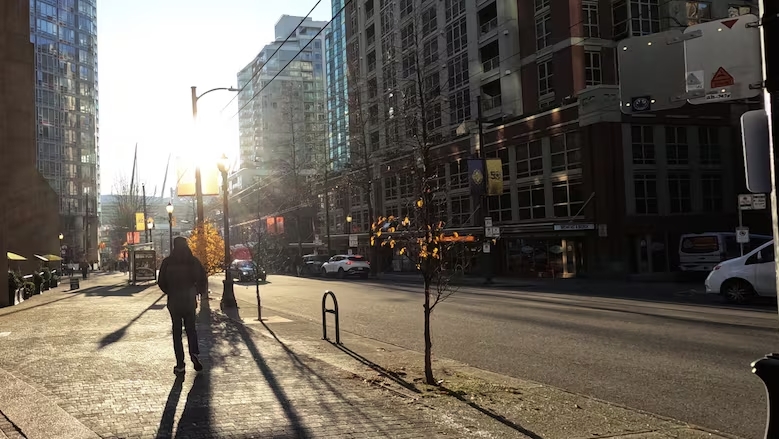Vancouver Activates Extreme Weather Response as Overnight Temperatures Dip Below Zero
Emma MacLeod
1/20/20252 min read


The City of Vancouver has activated its extreme weather response plan, opening additional emergency shelters as overnight temperatures dip below freezing. Originally set to expire on Jan. 16, the response has been extended through Monday night as meteorologists forecast colder-than-usual conditions in the region.
In a social media post on Saturday, the city announced the extension of the emergency measures, emphasizing the importance of providing shelter for those at risk.
Temperature Trends
Environment and Climate Change Canada reported a maximum daytime temperature of 6°C at Vancouver International Airport on Sunday, with overnight lows expected to hit –2°C. Meteorologist Lisa Erven noted that these temperatures, while not record-breaking, are 2 to 4°C below the seasonal average.
“It’s not an extreme cold event, but it’s certainly colder than what we’ve experienced so far this winter,” Erven said.
Vancouver’s winter has been characterized by warmer-than-usual weather due to southern weather systems. However, the recent onset of La Niña conditions—associated with colder temperatures and increased precipitation—has brought a shift to chillier weather.
No Major Weather Warnings in Vancouver
While Vancouver remains largely dry with no precipitation warnings, other parts of Canada are facing far harsher conditions. In some regions, temperatures have plunged nearly 30°C below normal, accompanied by significant snowfall.
Emergency Shelter Measures
The city’s extreme weather response includes opening additional temporary shelters to provide warmth and safety for those experiencing homelessness. These shelters will operate alongside existing facilities, offering expanded capacity for vulnerable populations.
Community organizations have also ramped up outreach efforts to ensure that individuals are aware of available resources.
La Niña’s Influence
Erven explained that the province’s weather has been slower to reflect typical La Niña conditions this winter, but the colder pattern is now becoming more apparent.
“The shift is here, and while it’s not severe, it’s enough to remind us that winter is still very much a factor,” she said.
Support and Preparedness
As temperatures drop, Vancouverites are encouraged to check on vulnerable neighbors and take precautions against the cold. The city’s extended weather response underscores the importance of community resilience and preparedness during winter’s colder spells.
News
Stay updated with the latest BC news stories, subscribe to our newsletter today.
SUBSCRIBE
© 2025 Innovatory Labs Inc.. All rights reserved.
LINKS
